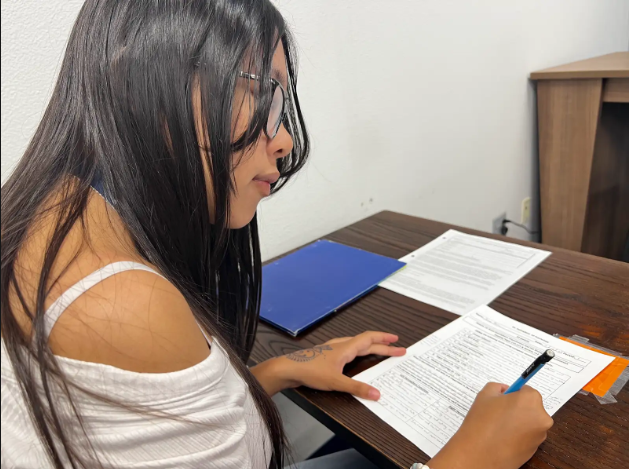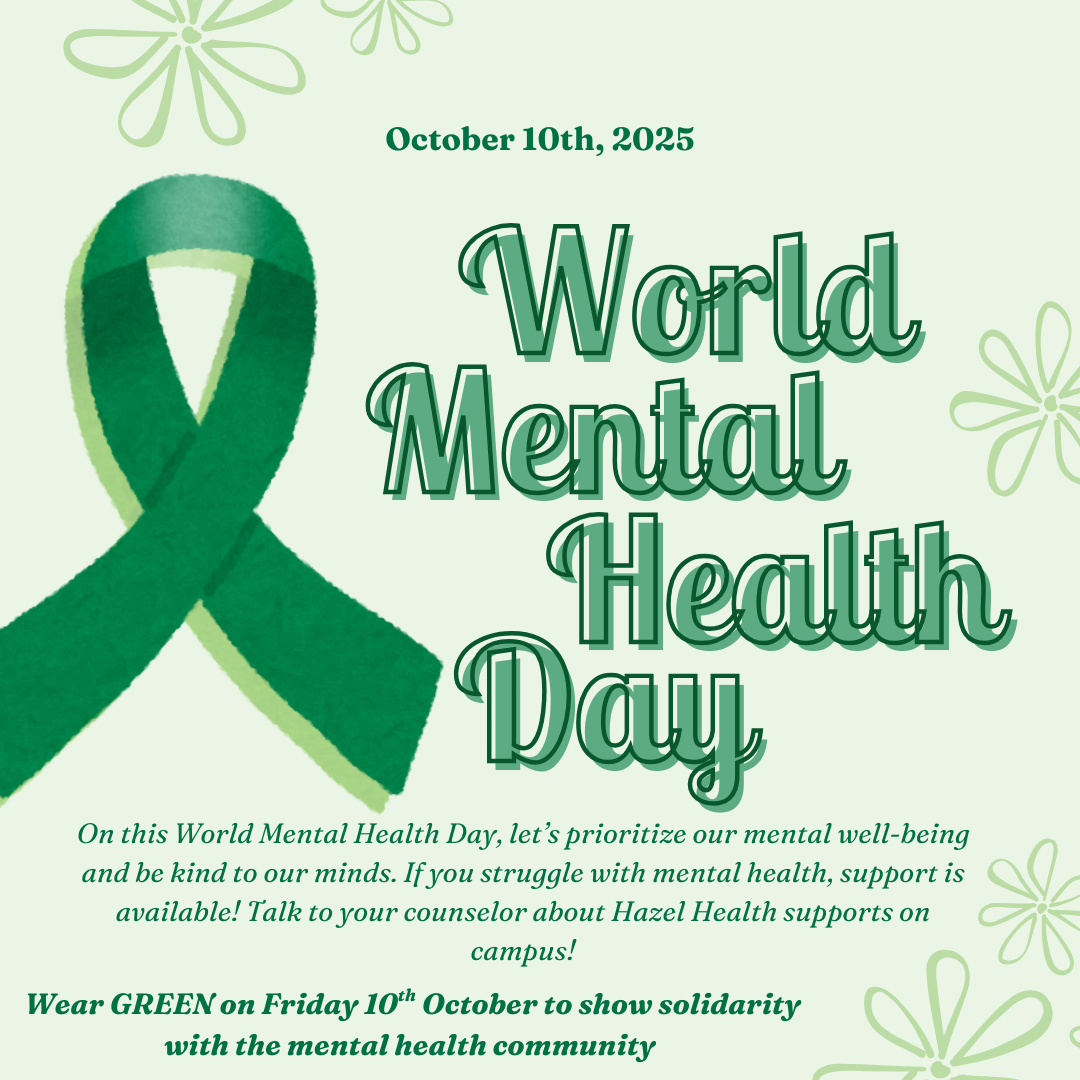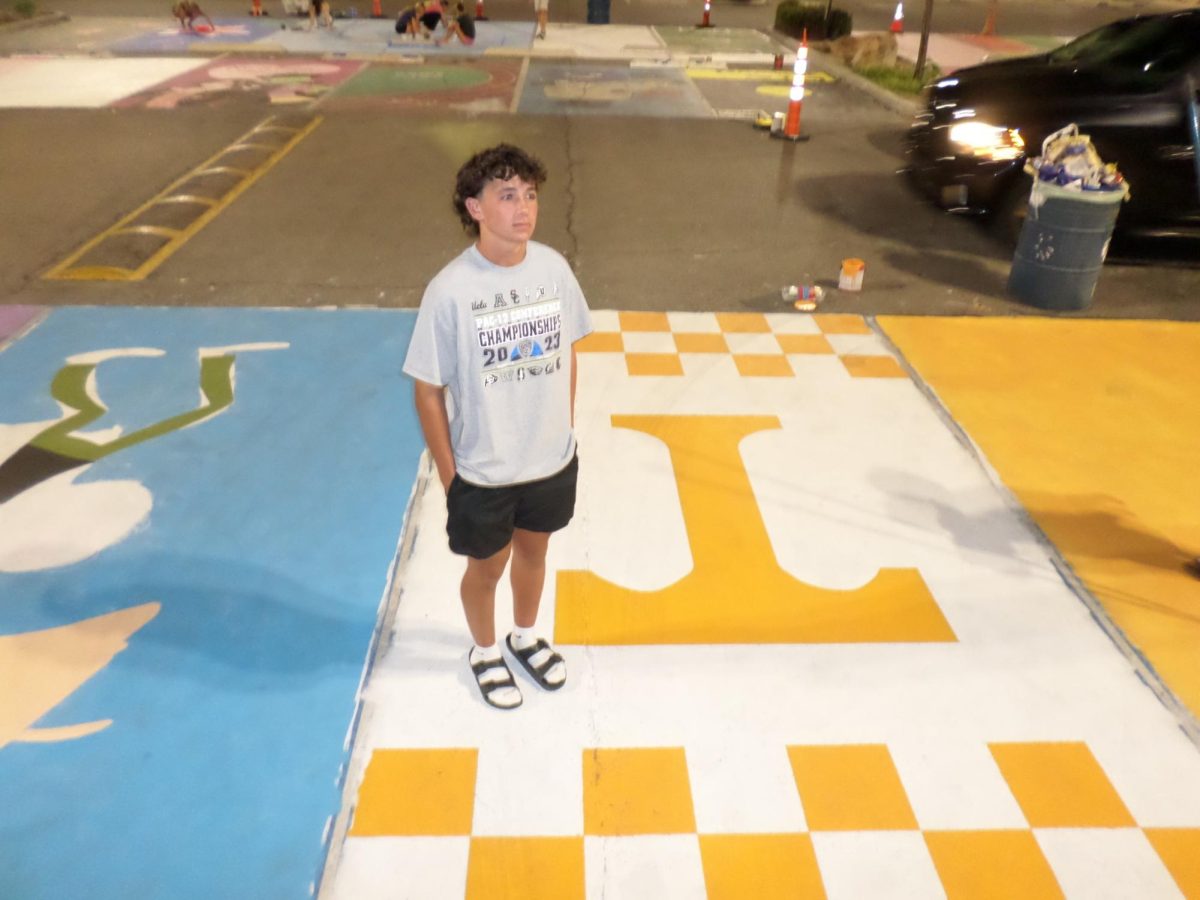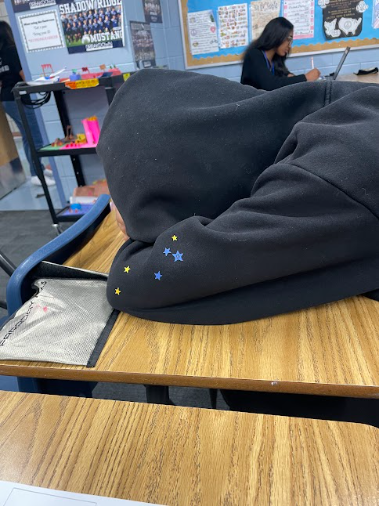
At Shadow Ridge High School, students can be seen dozing off in class—no matter if it’s an elective or mandatory course—causing them to miss important details. As reported by Stanford Medicine, this is not just shown in Shadow Ridge, but more so is an epidemic across the U.S. It is recommended that teenagers get eight to ten hours of sleep every night, however, most high school students are not sleeping long enough, and only gaining 7 hours or less of rest. The years during adolescence are crucial for biological development as this is the time for significant changes in the body that require sufficient amounts of sleep.
When teens don’t receive enough rest it can hinder mental health, academic performance, and the ability to self regulate. In accordance with the American Centers for Disease Control and Prevention (CDC), more than 70% of high school students sleep less than 8 hours per night on a weekday. In the CDC National Youth Risk Behavior Survey of 2021, the highest percentage of students who reported insufficient sleep were females, 12th graders, and black Americans in that order. As stated by Better Health, the effects of sleep deprivation include but are not limited to: depression, risk taking behavior, clumsiness, slow reflexes, memory impairment, aggression, and shortened attention span.
“Normally I don’t experience any immediate changes when I oversleep or undersleep, but I do feel the changes later in the day,” junior track and field athlete, Xavier Graffell expressed. “I feel exponentially more tired than I would have if I gotten the right amount of sleep.”
On account of teenagers not getting enough sleep they result in using substances such as energy drinks or coffee. Lack of rest is already a problem within itself, when adding caffeine to an underdeveloped brain it can inhibit the maturation of the mind.
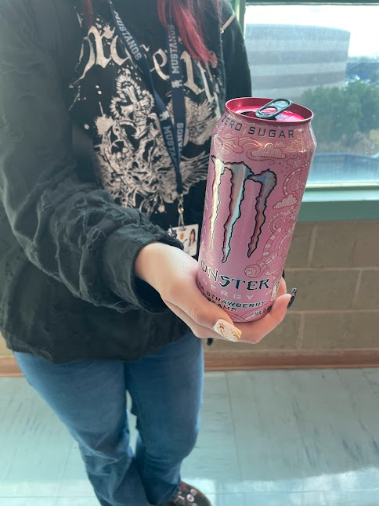
Junior Janelle Fiamordzi shared, “I do rely on caffeine sometimes, because it helps me stay awake in my classes.”
According to the Child Mind Institute, there are three main causes that contribute to sleep deprivation in teens: biological factors, technology, and academic pressure. Naturally, adolescents feel more awake at midnight and could sleep until ten or eleven in the morning. When teens attempt to get back the hours of sleep they lost on the weekend, they sleep much later in the afternoon. Electronic devices and social media play a huge part as it prevents people’s brains from instinctively producing melatonin and falling asleep. Moreover, the use of screens before bed influences the feeling of still being tired even after eight hours of sleep. For some students, school doesn’t end for them as it does for others; extracurricular activities and homework helps in keeping kids awake later in the night, ultimately stopping them from getting a full night’s rest.
Graffell stated, “Teens typically have a lot going on in their life from school to work, and then home life which all contributes to stress, and can lead to a lack of sleep.”
There are various ways to reverse sleep deprivation, many involving sleep
remedies such as warm milk, tea, and melatonin supplements. However, the main problem isn’t falling asleep, it’s getting enough sleep.
“Don’t worry so much about things that don’t impact your immediate situation. Sometimes it’s best to relax and do things you enjoy first and do your work later,” Graffell explained. “If the consequences aren’t too bad then maybe you can get away with outright not doing things that don’t impact your immediate situation, or situation in the near future.”
Fiamordzi added, “I would say finish your homework earlier so that it doesn’t cut into your sleeping time.”



